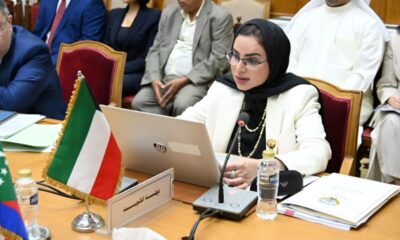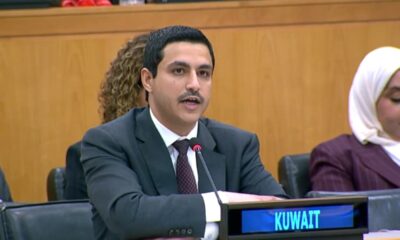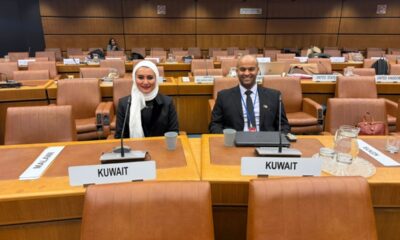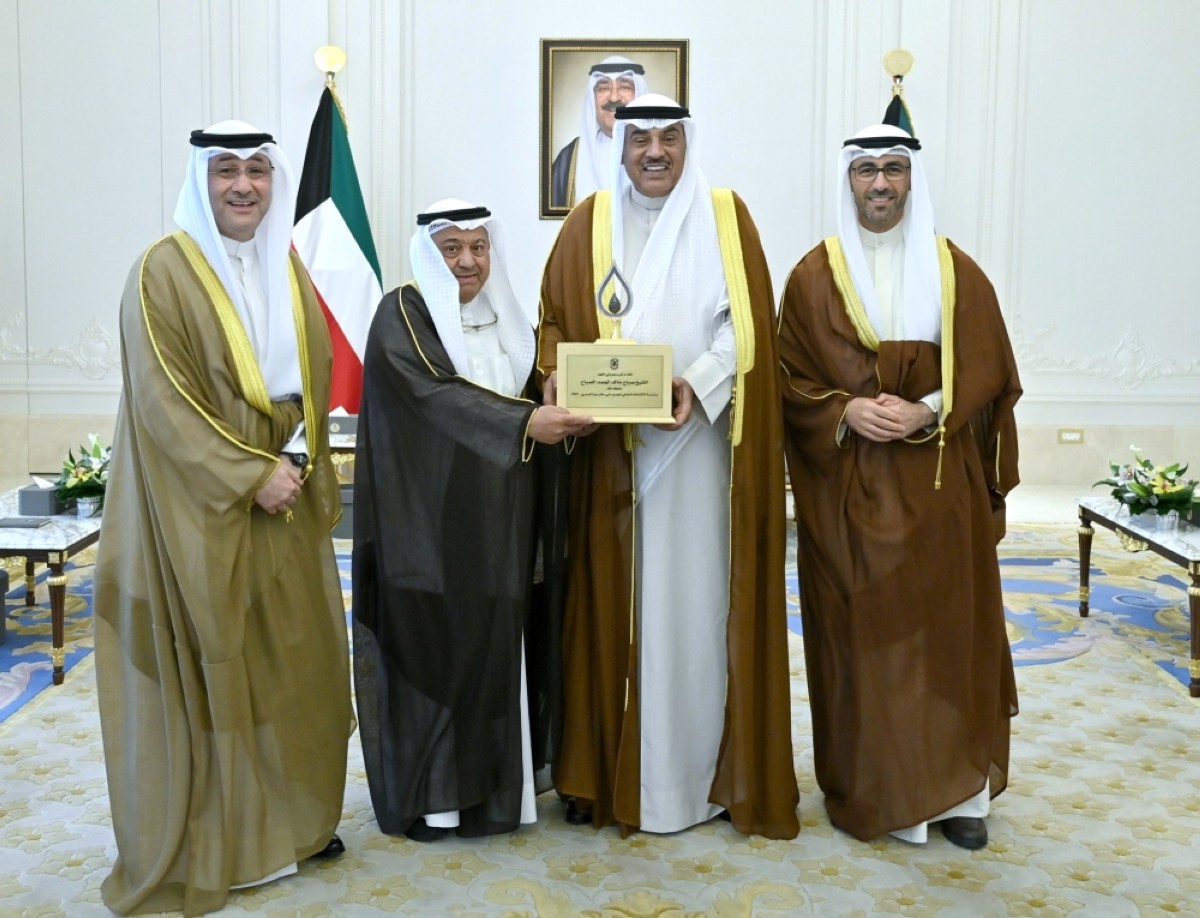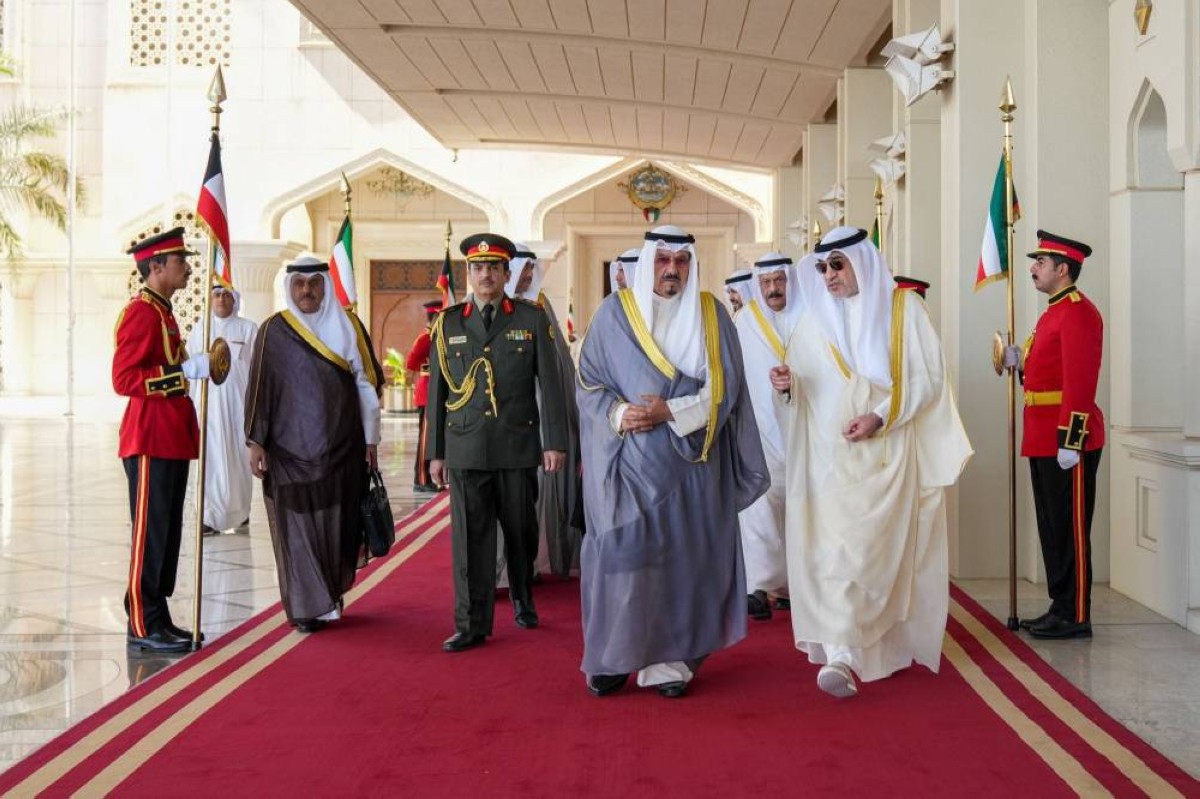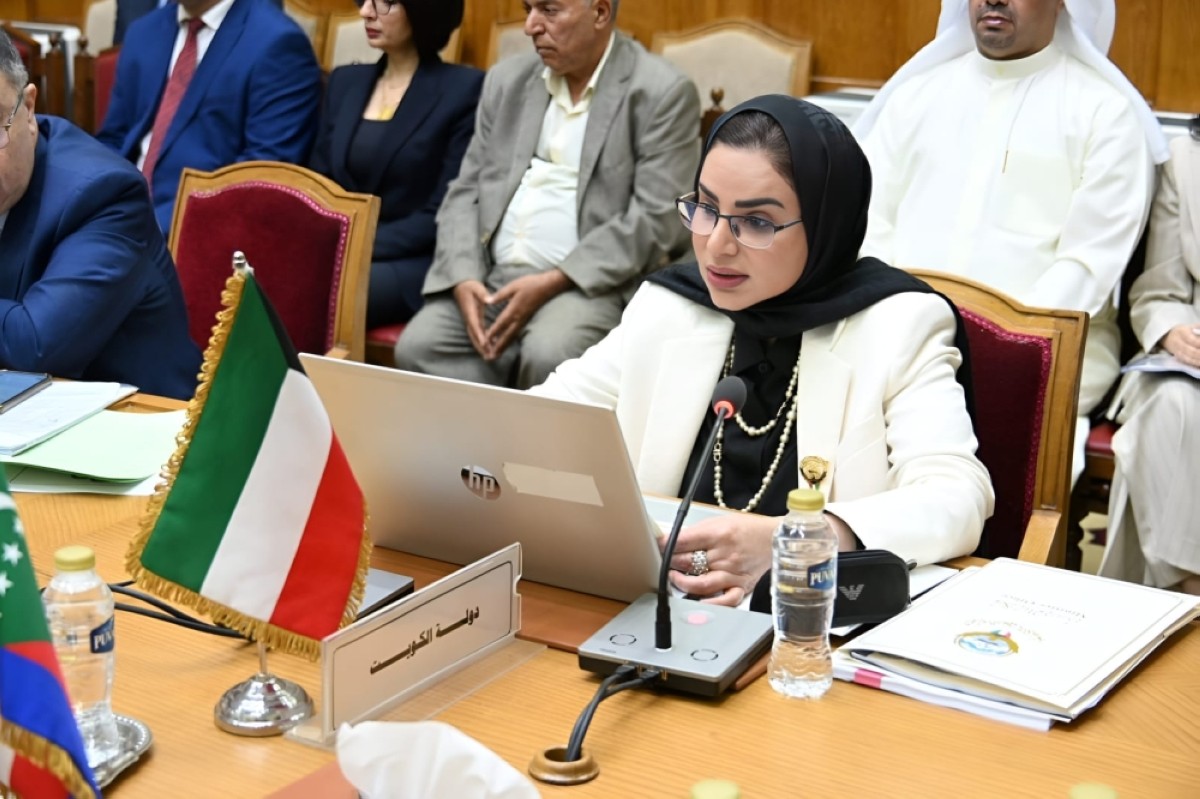KUWAIT: The Central Statistical Bureau announced that the number of Kuwaiti citizens rose by 1.32 percent at the beginning of 2025, reaching 1,566,168 compared to 1,545,781 at the start of 2024. Meanwhile, Kuwait’s total population decreased by 0.65 percent, from 4,913,271 in 2024 to 4,881,254 in early 2025. As a result, Kuwaitis now account for 32.09 percent of the population, up from 31.46 percent a year earlier.
According to the population estimates bulletin for 2025 released Sunday, the number of non-Kuwaitis declined by 1.56 percent, from 3,367,490 in 2024 to 3,315,086 at the beginning of this year. The male-to-female ratio also shifted slightly, from 61.49–38.51 percent in 2024 to 61.21–38.79 percent in 2025.
In terms of demographics, the bulletin highlighted that continued growth among Kuwaitis reflects supportive government policies, coupled with a relatively young population
and a high fertility rate. Although modest, the steady increase indicates a demographic shift, as Kuwaitis gain a larger share of the total population — from 31.5 percent in early 2024 to 32.1 percent in 2025. These figures, the report noted, carry significant implications for national planning, particularly in public services, education and social programs directed at citizens.
The bulletin attributed the decline in the non-Kuwaiti population to labor market fluctuations, government policies on foreign workers, or broader economic shifts in the region. Despite this drop, non-Kuwaitis still make up around 68 percent of the population, though the trend points toward gradual demographic rebalancing.
The number of males fell by 1.1 percent, from 3,021,216 in 2024 to 2,987,971 in 2025, leaving men as the majority at about 61 percent of the population. The report noted that such a gender imbalance is common in countries with large expatriate labor communities. By contrast, the number of females remained almost stable, with a slight increase of 0.06 percent — from 1,892,055 in 2024 to 1,893,283 in 2025 — representing around 39 percent of the total. The report added that, while the overall number of women is steady, the balance between Kuwaiti and non-Kuwaiti women may shift slightly, given the small decline among non-Kuwaitis.
The bulletin concluded that although non-Kuwaitis remain the majority, their share is gradually shrinking. Expatriate males of working age continue to dominate the demographic structure, while Kuwaitis maintain an almost balanced gender ratio. Among Kuwaitis, the largest age groups remain concentrated in the younger population, whereas among non-Kuwaitis — and the overall population — the largest segment is in the 35-39 age range.
The report recommended continued monitoring of labor migration trends and their demographic impact, as well as planning to address the growing demand for education, healthcare and employment services for citizens. It also highlighted the importance of policies that support family formation and encourage the retention of skilled expatriate workers in order to achieve a more sustainable population balance. – KUNA


 Latest News23 hours ago
Latest News23 hours ago
 Politics16 hours ago
Politics16 hours ago
 Latest News17 hours ago
Latest News17 hours ago
 Latest News15 hours ago
Latest News15 hours ago
 Politics7 hours ago
Politics7 hours ago
 Business7 hours ago
Business7 hours ago
 Latest News7 hours ago
Latest News7 hours ago
 Politics6 hours ago
Politics6 hours ago
